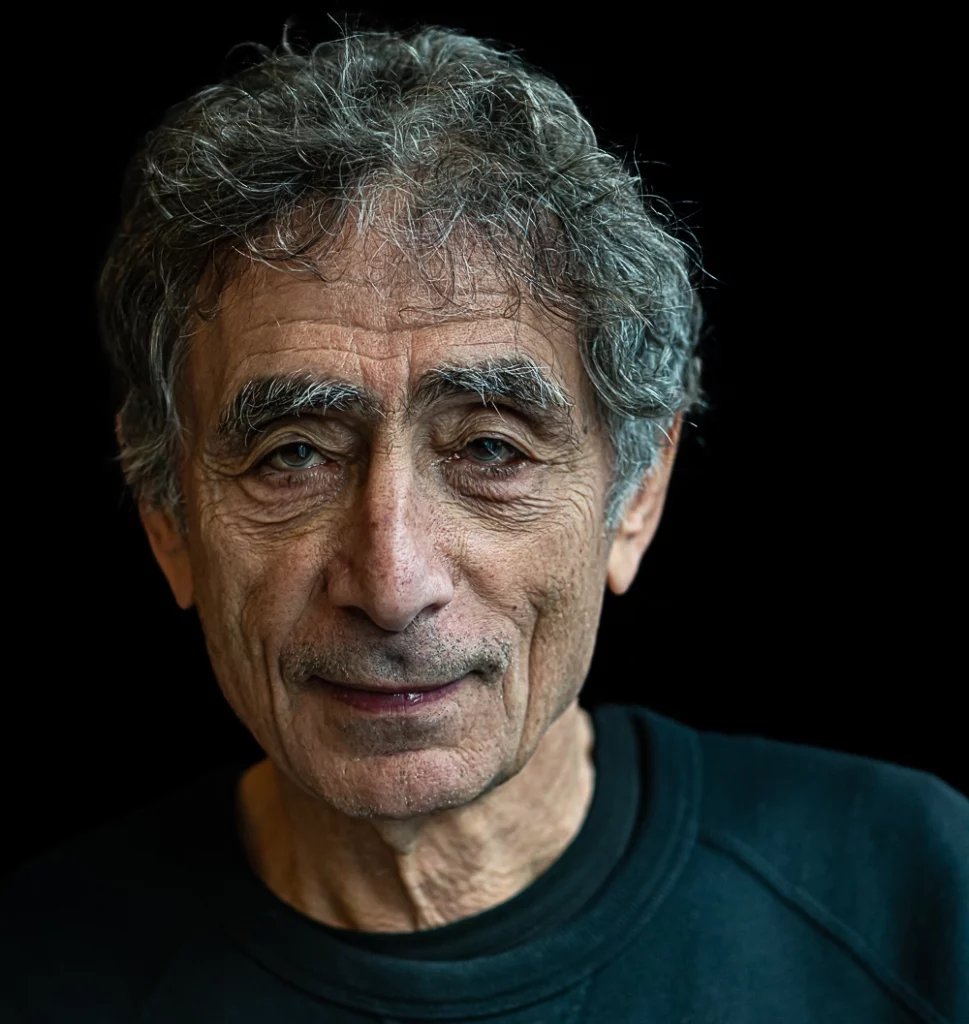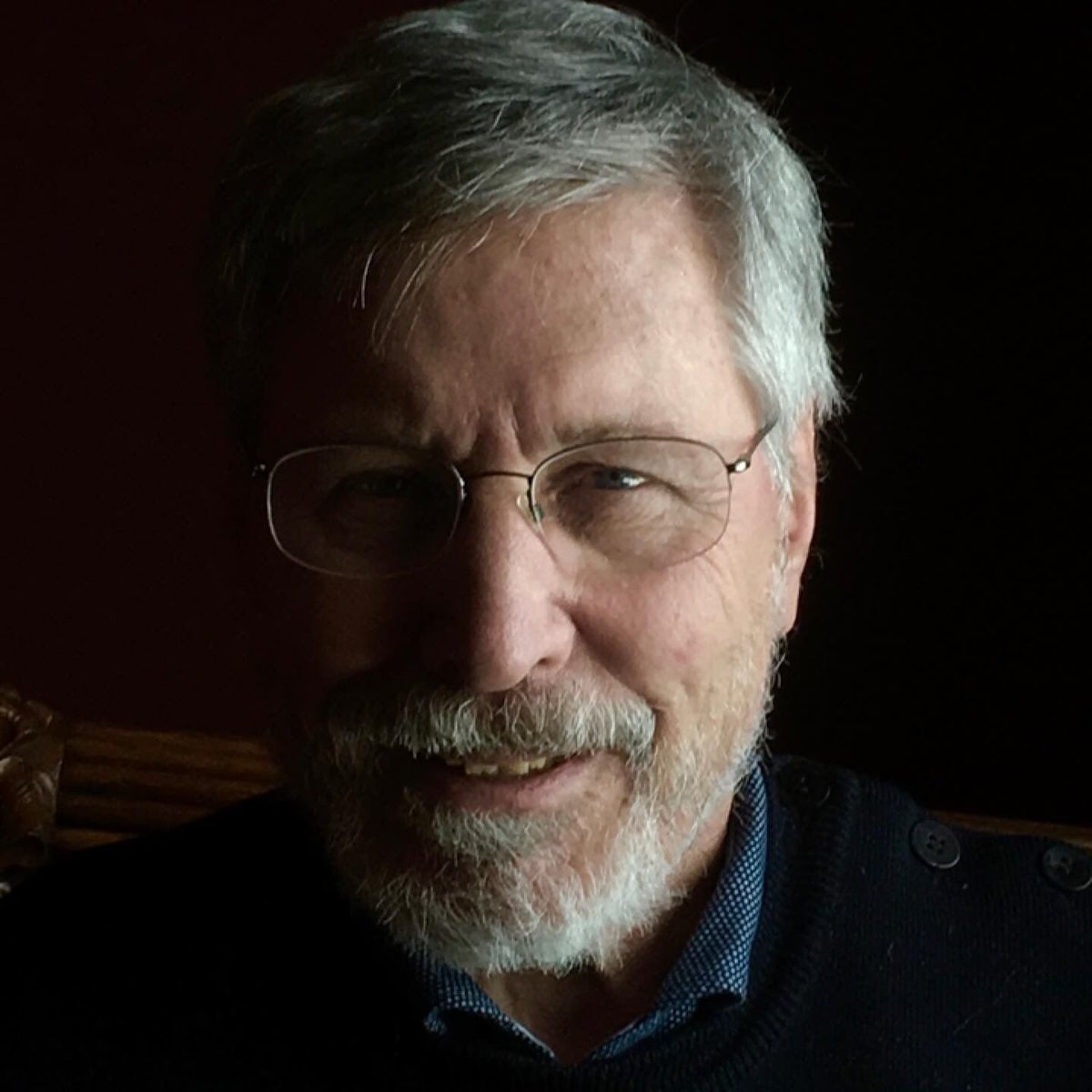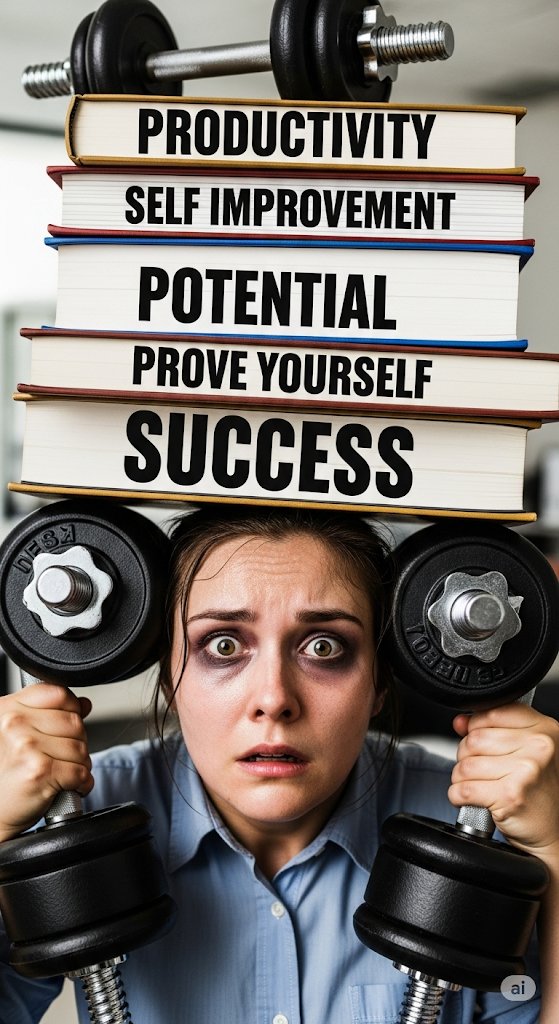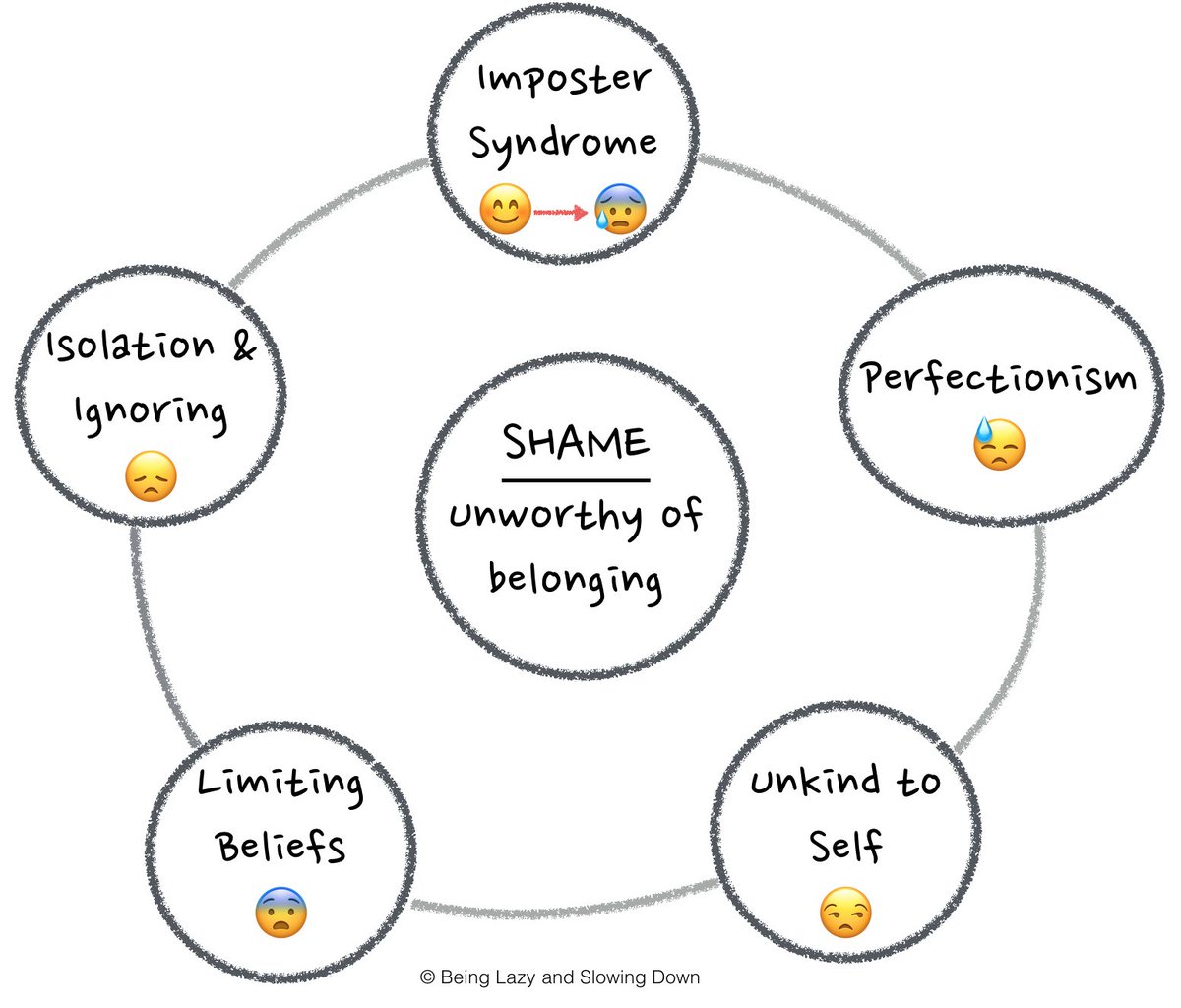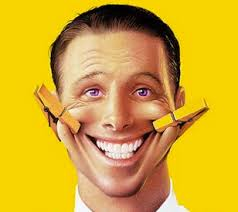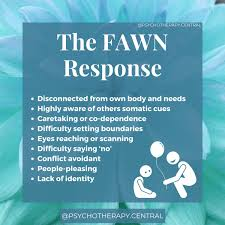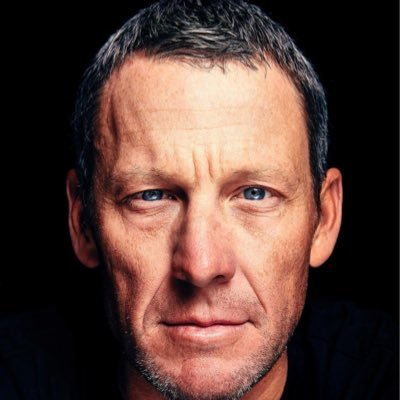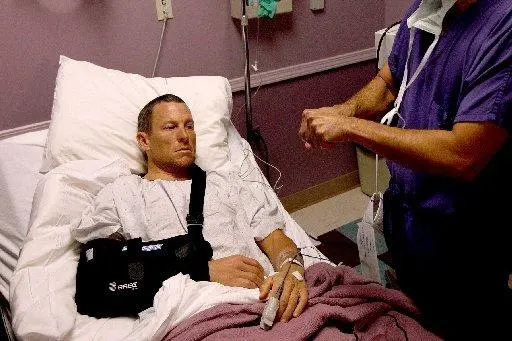Parenting's a mess—and we are adding to the damage.
We all got hurt (whether you remember it or not).
Now we're repeating the patterns on ourselves, our kids, and everyone else.
25 doorways to breaking the cycle: 🧵 (by a PhD psychologist)
We all got hurt (whether you remember it or not).
Now we're repeating the patterns on ourselves, our kids, and everyone else.
25 doorways to breaking the cycle: 🧵 (by a PhD psychologist)
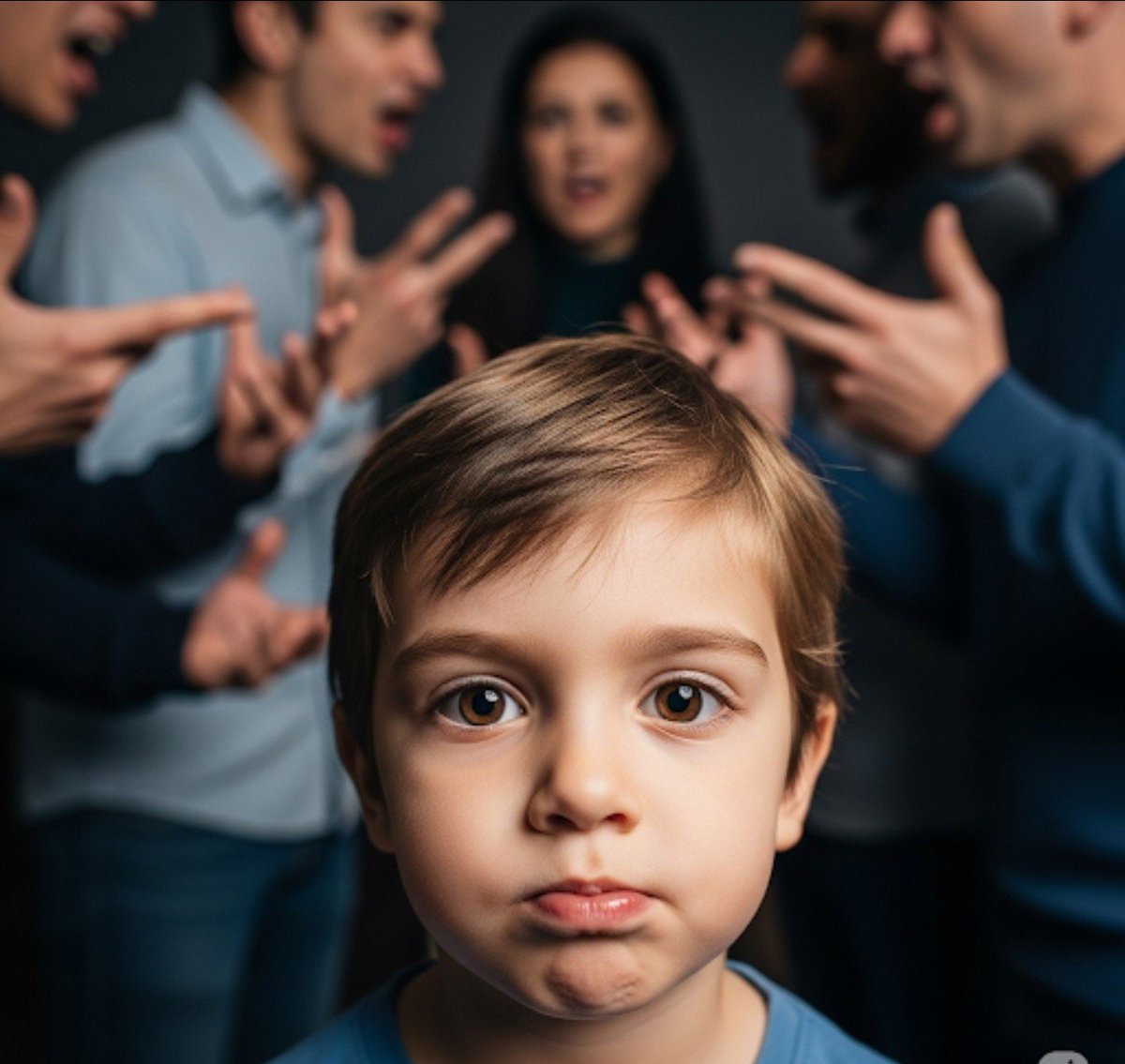
1. "The greatest burden a child must bear is the unlived life of its parents."
– C. G. Jung
I asked people about parenting.
I got hundreds of responses, and they were eye-opening.
Turns out, most of us are walking around with trauma we unknowingly pass down.
– C. G. Jung
I asked people about parenting.
I got hundreds of responses, and they were eye-opening.
Turns out, most of us are walking around with trauma we unknowingly pass down.
2. What does unhealthy parenting look like? Here's a partial list from the survey:
Controlling
Neglect
Shaming
Impatience
Narcissism
Enabling
Absent
And that's just the beginning.
Controlling
Neglect
Shaming
Impatience
Narcissism
Enabling
Absent
And that's just the beginning.
3. And it gets worse…
More responses came in:
Violence
Sexual abuse
Alcohol/drug abuse
Favoritism
Bullying
Toxicity
The truth is, most of us were hurt in ways we didn’t even realize.
More responses came in:
Violence
Sexual abuse
Alcohol/drug abuse
Favoritism
Bullying
Toxicity
The truth is, most of us were hurt in ways we didn’t even realize.
4. Parenting's effects start early—and set the stage for everything.
From the first few years of life, we're on a path that affects every part of our adult selves.
No childhood is perfect, but acknowledging what happened is the first step to healing.
From the first few years of life, we're on a path that affects every part of our adult selves.
No childhood is perfect, but acknowledging what happened is the first step to healing.
5. I’ve heard so many people say, “But I came from a good family.”
News flash: None of us escaped unscathed.
Whether mild or severe, we all carry some form of dysfunction that shapes our lives today.
News flash: None of us escaped unscathed.
Whether mild or severe, we all carry some form of dysfunction that shapes our lives today.
6. Stop blaming.
Blame keeps us stuck.
Whether it’s blaming your parents or yourself, it stops the healing process.
We have to own our shit, look at what happened, and heal from there.
Blame keeps us stuck.
Whether it’s blaming your parents or yourself, it stops the healing process.
We have to own our shit, look at what happened, and heal from there.
7. As parents, we all project.
We unconsciously pass our unhealed wounds onto our kids.
This is a natural process—but if we want to change, we need to acknowledge and break that cycle.
The more we heal, the less we project.
We unconsciously pass our unhealed wounds onto our kids.
This is a natural process—but if we want to change, we need to acknowledge and break that cycle.
The more we heal, the less we project.
8. Words are powerful.
What you say to your kids—or even to yourself—matters.
Every word counts.
What we say to our children stays with them forever.
It becomes their internal dialogue. Choose wisely.
What you say to your kids—or even to yourself—matters.
Every word counts.
What we say to our children stays with them forever.
It becomes their internal dialogue. Choose wisely.
9. Here are a few gems from my childhood:
"What a brat."
"You’re spoiled."
"Don’t be a wimp."
"Pull up your bootstraps."
Those words shaped my self-worth for decades.
What’s on your list?
"What a brat."
"You’re spoiled."
"Don’t be a wimp."
"Pull up your bootstraps."
Those words shaped my self-worth for decades.
What’s on your list?
10. Kids are sponges.
From ages 0-10, everything we hear, see, and experience goes in.
I ingested “you little shit” and lived with that shame-driven belief for decades.
Now, I’m healing, learning to treat myself well, and to live authentically.
From ages 0-10, everything we hear, see, and experience goes in.
I ingested “you little shit” and lived with that shame-driven belief for decades.
Now, I’m healing, learning to treat myself well, and to live authentically.
11. Sometimes, the words seem harmless.
Ever heard, “What a good little helper”?
It sounds innocent, right?
But constantly being praised for doing things for others teaches kids to prioritize others' needs over their own—and that’s a tough habit to break.
Ever heard, “What a good little helper”?
It sounds innocent, right?
But constantly being praised for doing things for others teaches kids to prioritize others' needs over their own—and that’s a tough habit to break.
12. More about “helping.”
It feels good to be validated for helping.
But what if it becomes an obligation and a pattern?
We wind up in caregiver roles—resentful that others aren't as helpful.
Many people in Codependents Anonymous confirm this pattern.
Can you relate?
It feels good to be validated for helping.
But what if it becomes an obligation and a pattern?
We wind up in caregiver roles—resentful that others aren't as helpful.
Many people in Codependents Anonymous confirm this pattern.
Can you relate?
13. The "work" dynamic.
“What a good little worker.”
Some of us worship work, fulfilling someone else’s vision.
Meanwhile, we neglect our own dreams.
A well-known fascist movement proclaimed, "Work will make you free."
Yeah, right.
“What a good little worker.”
Some of us worship work, fulfilling someone else’s vision.
Meanwhile, we neglect our own dreams.
A well-known fascist movement proclaimed, "Work will make you free."
Yeah, right.
14. “Good job!”
It sounds good. We all say it.
And corporations love this one.
It’s about doing, achieving, working for someone else.
But at what cost?
How many of us have sacrificed our true calling for the sake of a paycheck?
It sounds good. We all say it.
And corporations love this one.
It’s about doing, achieving, working for someone else.
But at what cost?
How many of us have sacrificed our true calling for the sake of a paycheck?
15. The system loves it.
The focus on “doing a good job” keeps us stuck in a system designed to support corporate interests.
We’re taught that “work” is the ultimate purpose, while our own dreams get pushed aside.
The focus on “doing a good job” keeps us stuck in a system designed to support corporate interests.
We’re taught that “work” is the ultimate purpose, while our own dreams get pushed aside.
16. Comparing kids to parents.
“You’re just like your father/mother.”
This comparison creates lifelong struggles with gender shame or the impossible task of “living up” to someone else’s standard.
It’s a hidden form of control.
“You’re just like your father/mother.”
This comparison creates lifelong struggles with gender shame or the impossible task of “living up” to someone else’s standard.
It’s a hidden form of control.
17. Religion and control.
“The Lord will save you, or send you to hell.”
Many carry this burden, and it shapes our mental health in devastating ways.
Religious control is at the root of a lot of pain.
“The Lord will save you, or send you to hell.”
Many carry this burden, and it shapes our mental health in devastating ways.
Religious control is at the root of a lot of pain.
18. What we hear in childhood forms the foundation of our identity.
Big or small, every word sticks.
They shape the decisions we make for the rest of our lives.
Big or small, every word sticks.
They shape the decisions we make for the rest of our lives.
19. Dr. Justin Coulson says: “Whatever direction your words lead, your mind and body will follow. We believe what we tell ourselves. Language is powerful.”
The words we speak—to ourselves and others—direct our entire lives.
The words we speak—to ourselves and others—direct our entire lives.
20. It’s not just the kids.
After 30 years of working with families, one thing is clear:
Kids hold the family’s repressed emotions.
When teens act out, it’s often not just them—it’s the whole family system in crisis.
After 30 years of working with families, one thing is clear:
Kids hold the family’s repressed emotions.
When teens act out, it’s often not just them—it’s the whole family system in crisis.
21. The kid’s “problem” isn’t the problem.
A teen in crisis often leads parents to seek help for the child.
But guess what? It’s not just the kid. It’s the family dynamic that needs attention.
Address the root, not just the symptoms.
A teen in crisis often leads parents to seek help for the child.
But guess what? It’s not just the kid. It’s the family dynamic that needs attention.
Address the root, not just the symptoms.
22. The root cause? Trauma.
Unresolved trauma. It takes many forms:
Abuse
Shocking incidents
Neglect
Abandonment
Enmeshment
If you don’t address it, you’ll keep passing it down.
Unresolved trauma. It takes many forms:
Abuse
Shocking incidents
Neglect
Abandonment
Enmeshment
If you don’t address it, you’ll keep passing it down.
23. Trauma doesn’t go away.
It stays in the body. And as long as it’s there, you’ll project it onto your life and your relationships.
It’s running the show.
It stays in the body. And as long as it’s there, you’ll project it onto your life and your relationships.
It’s running the show.
24. The solution? Inner work.
To break the cycle, start with healing your inner world.
When you heal internally, your external world changes.
You’ll stop trying to control everything—and start living authentically.
To break the cycle, start with healing your inner world.
When you heal internally, your external world changes.
You’ll stop trying to control everything—and start living authentically.
25. Somatic healing is the solution.
Trauma isn’t just in the mind—it’s in the body.
It’s time to address the trauma lodged in your body.
Find a somatic experiencing (SE) practitioner or a trauma healing workshop like Deep Waters Recovery deepwatersrecovery.org
Trauma isn’t just in the mind—it’s in the body.
It’s time to address the trauma lodged in your body.
Find a somatic experiencing (SE) practitioner or a trauma healing workshop like Deep Waters Recovery deepwatersrecovery.org
Healing starts with us.
When we address our own trauma, we stop repeating the cycle with our kids and loved ones.
Want to begin?
My 5-day FREE course, Emotional Integrity 101, is a great place to start offers.drbobbeare.com/emotional-inte…
When we address our own trauma, we stop repeating the cycle with our kids and loved ones.
Want to begin?
My 5-day FREE course, Emotional Integrity 101, is a great place to start offers.drbobbeare.com/emotional-inte…
👉Thanks for reading.
👉If you enjoyed this, please follow me and repost the first post (below).
👉Reply with your thoughts on body-focused healing.
👉If you enjoyed this, please follow me and repost the first post (below).
👉Reply with your thoughts on body-focused healing.
https://x.com/drbobbeare/status/1953441117023641753
• • •
Missing some Tweet in this thread? You can try to
force a refresh


